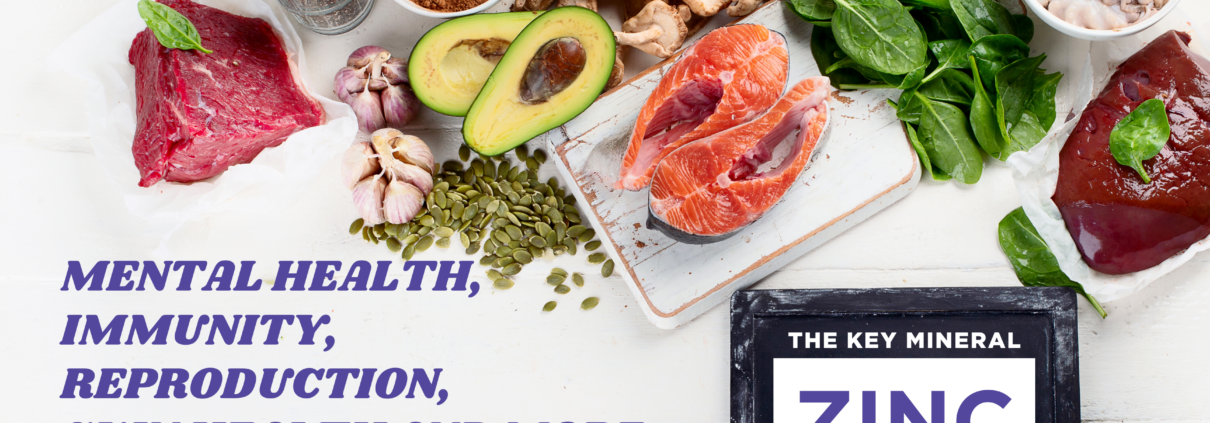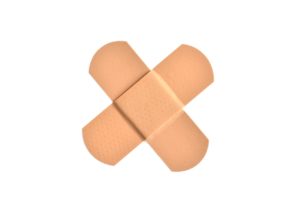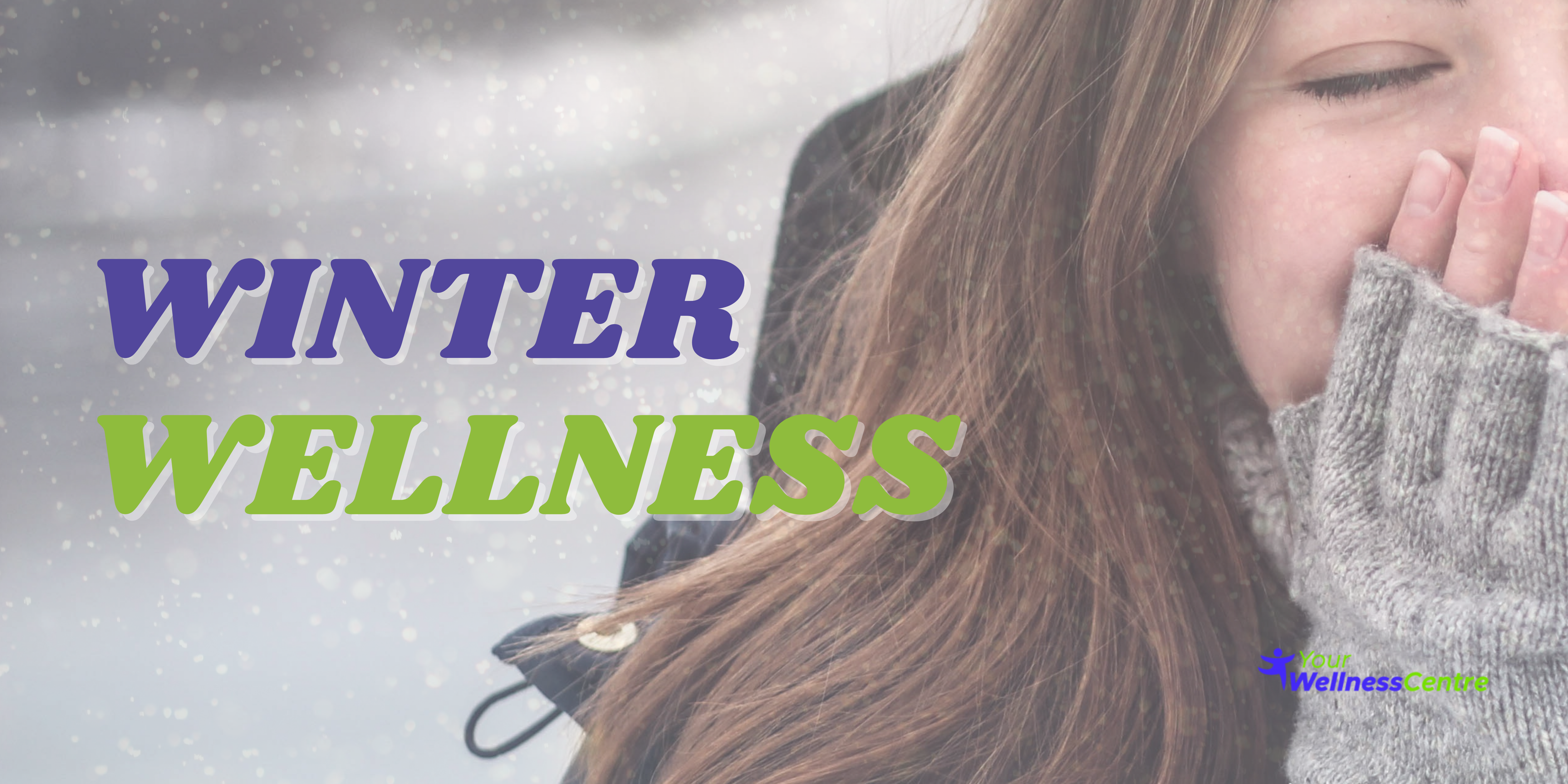Zinc: The Key Mineral – Mental Health, Immunity, Reproduction, Skin Health and more
 Zinc, with all its important physiological uses, is a mineral many of us are unknowingly deficient in.
Zinc, with all its important physiological uses, is a mineral many of us are unknowingly deficient in.
Sourced from oysters, beef, and turkey, it can also be found in trace amounts in beans, cashews, almonds, and pepitas (pumpkin seeds) to name a few, but due to the lack of zinc in the soil in Australia, it depends on where the produce is grown to how much it will contain.
Phytates in grains, legumes, and nuts can reduce its absorption, leaving many vegans and vegetarians in need of supplementation.
More than 300 enzymes utilise zinc to facilitate biological processes, such as protein and DNA synthesis, cell division, and signaling.
It is highly concentrated in the hippocampus, which controls homeostasis, so it is no wonder that it can affect so many aspects of the body.
What does Zinc do for you?
- Immune function
Zinc helps activate T lymphocytes (T cells) which benefit immunity in two ways; controlling and regulating immune response and attacking infected or cancerous cells. - Treating the common cold
With its effects on immunity, it has been shown to reduce the severity and duration of colds when taken within the first 24 hours of symptoms being present. - Wound healing
By helping maintain the integrity of the skin and mucosal membranes, zinc reduces skin healing times and can reduce the recurrence of rashes, acne, and other integumentary conditions.  Antioxidants and anti-inflammation to prevent chronic disease
Antioxidants and anti-inflammation to prevent chronic disease
A well-known electron donor, zinc has the ability to reduce damage from free radicals and reduce the cascade of events leading to chronic inflammation, which is linked to many chronic diseases such as cardiovascular disease, age-related macular degeneration, Alzheimer’s, and Rheumatoid arthritis.- Reproduction
Zinc plays a key role in the male reproductive system; it is a key element of the quality of sperm and zinc status in men is ideally monitored up to 80 days prior to conception. - Diarrhoea
Zinc supplementation has been shown to be an effective treatment of diarrhoea and prevents future recurrences. - Coping with stress
During times of stress, and chronic stress states, the need for zinc increases as well as its elimination meaning the need for it in the diet or supplemented is increased.
What are some of the signs of Zinc deficiency?
With such a big role to play in so many facets of our health, it can be a difficult deficiency to identify.
Amongst some of the symptoms are:
 Reduced or abnormal smell or taste
Reduced or abnormal smell or taste- White spots or brittle nails, cracks and splits on fingertips
- Poor appetite
- Skin conditions; acne or eczema
- Reduced or altered cognition; brain fog
- Reduced mood, mild depression
- Poor wound healing
- Hair loss
What else can affect Zinc levels?
Other than reduced zinc consumption through dietary means, malabsorption and chronic illness such as diabetes, malignancy, liver disease, or sickle cell disease can reduce zinc levels. The consumption of alcohol in excess can lead to deficiency.
Taking prescribed diuretics increases the secretion of zinc and can aggravate zinc deficiency.
Can you have too much Zinc?
Excessive zinc can lead to toxicity, which causes adverse effects such as nausea, abdominal cramping, diarrhoea, and headaches.
Copper and iron levels may also be affected by the use of zinc supplementation or when consuming zinc-containing foods, it is recommended to consume separately from meals to reduce competition.
—
If you would like to know more about whether you’re suffering from a zinc deficiency, or if zinc is the right supplement for you, and more information about dose and interaction, contact our mental health Naturopath to discuss your options, call 9879 9596 and book an appointment today!


 Antioxidants and anti-inflammation to prevent chronic disease
Antioxidants and anti-inflammation to prevent chronic disease Reduced or abnormal smell or taste
Reduced or abnormal smell or taste



Leave a Reply
Want to join the discussion?Feel free to contribute!